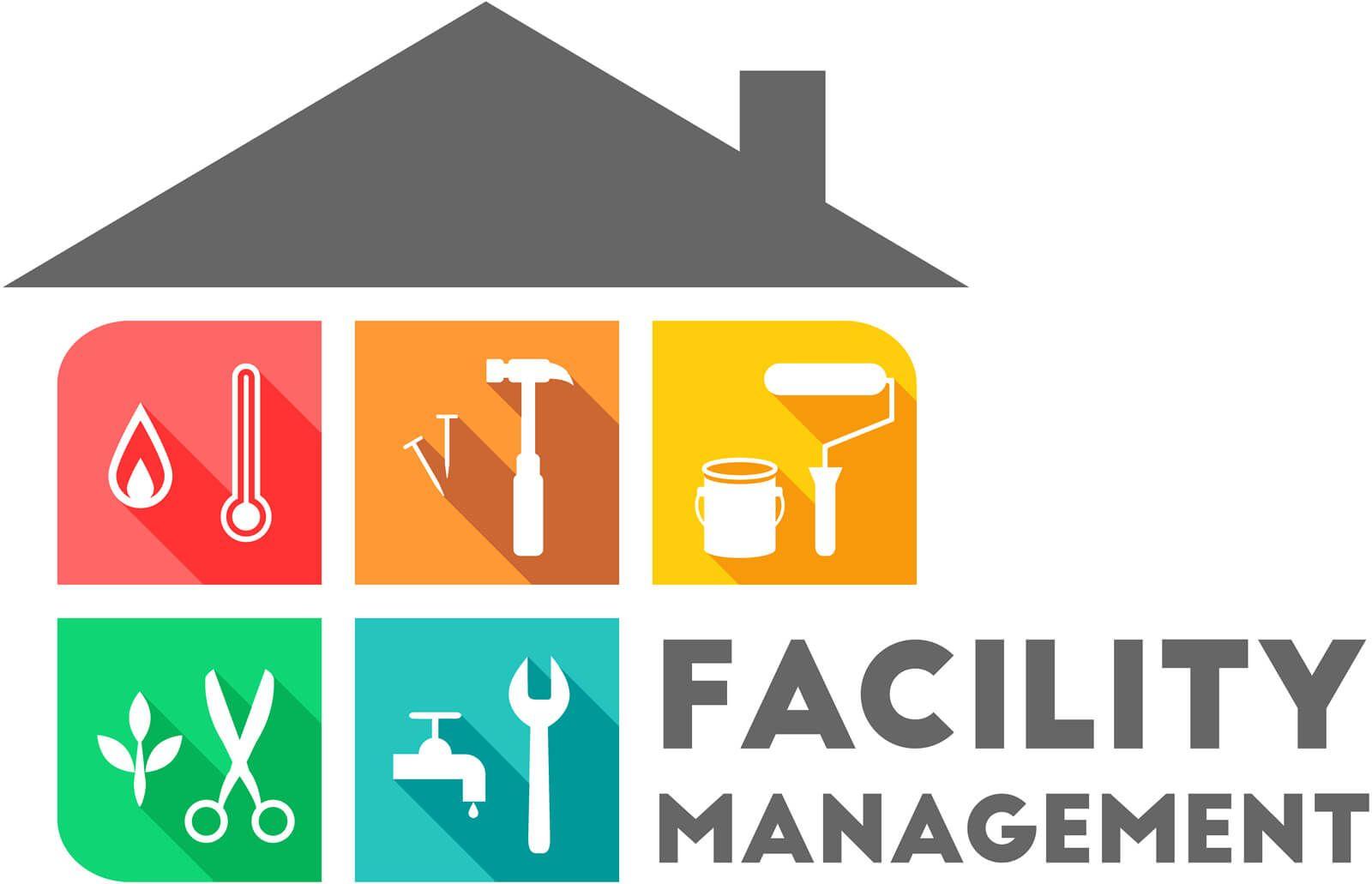The long-term outlook for the facility management industry is exceptionally bright, with projections indicating a future of sustained growth and strategic evolution. The official Facility Management Services Market Forecast anticipates a period of robust and significant expansion, driven by the sector's increasing importance in achieving corporate objectives related to cost, sustainability, and employee productivity. This optimistic projection is based on the understanding that facility management is transitioning from a back-office, operational function to a strategic, value-adding partnership. As businesses continue to grapple with complex real estate portfolios, evolving work models, and stringent environmental regulations, their reliance on expert facility management services will only deepen, ensuring a strong and continuous demand that will fuel market growth.
The forecast indicates that while all segments of the market are poised for growth, certain areas will experience particularly rapid expansion. The demand for Integrated Facility Management (IFM) contracts is expected to surge, as large organizations seek the efficiencies and simplicity of dealing with a single strategic partner for all their facility needs. Technology-enabled services, particularly those related to smart buildings, energy management, and data analytics, will see the highest growth rates, as clients seek to leverage data to optimize performance and reduce costs. From an industry vertical perspective, high-growth is predicted in sectors with specialized and critical facility needs, such as healthcare, data centers, and life sciences, where compliance, reliability, and precision are paramount.
Several key factors will continue to shape this positive forecast. The ongoing global focus on sustainability and achieving net-zero carbon emissions will make energy management and green building services a permanent and high-growth feature of the market. The permanent shift towards hybrid work models will create a sustained demand for services that support flexible, agile, and experience-driven workplaces. While the industry will need to adapt to challenges such as labor shortages and the need for continuous digital upskilling, the fundamental drivers—the need for efficient, safe, sustainable, and productive buildings—are powerful and enduring, cementing the positive and promising future outlined in the market forecast.



